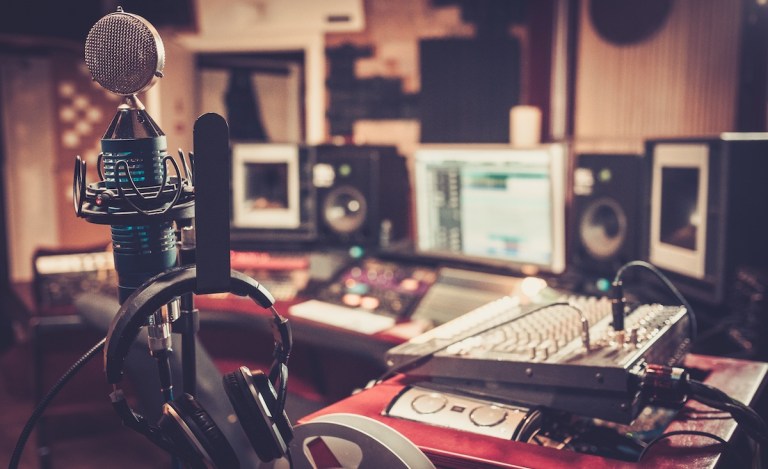Robots vs Rock Stars: UMG and Roland Share Guidelines for AI Music

The year is 2034, Taylor Swift hasn’t had work in years, and all our favorite songwriters are just algorithms. This is the future that Universal Music Group (UMG) and Roland Corporation are ostensibly trying to prevent.
The music giant and the electronic musical instrument company shared Wednesday (March 20) their “Principles for Music Creation with AI,” aiming to create a framework for the role of artificial intelligence in music, although the tenets tend toward the general and nebulous rather than the practical.
“We believe humanity and music are inseparable,” stated one such principle, while another read, “We are proud to help bring music to life.”
The companies stated that they aim to establish an “ethical framework” from the creation of music using AI. Perhaps more actionably, the two companies are also collaborating on a “joint research and development hub” that aims to find ways to check the source of music.
“At UMG, we have long recognized and embraced the potential of AI to enhance and amplify human creativity, advance musical innovation, and expand the realms of audio production and sound technology,” UMG Chief Digital Officer and Executive Vice President Michael Nash said in a statement. “This can only happen if it is applied ethically and responsibly across the entire industry.”
AI is gaining ground in a range of creative fields. Take, for instance, writing. Last month, it was announced that Inkitt, a startup that uses AI to create books, raised $37 million.
“For writers, the impact is profound but also dual-sided,” Zachary Weiner, CEO of Emerging Insider Communications, which focuses on the publishing industry, told PYMNTS in an interview. “The arsenal of tools at their disposal has expanded exponentially, empowering them to unlock creativity and concept with AI-generated prompts and ideas.”
Yet Weiner cautioned that AI also poses challenges for the publishing industry.
“AI is encroaching upon all writing and content jobs in some fashion, including editors,” he said. “As organizations strive to cut costs and maximize efficiency, the displacement of human writers by AI is already active and continues to be inevitable.”
The technology is also making its way into games, digital and analog alike. Over the summer, reported that games giant Hasbro is getting deeper into AI with a partnership with Xplored, creator of the digital board game platform Teburu. The company could use AI to generate experiences that could immediately respond to player decisions and potentially streamline rules to give newer players an easier time.
AI is only going to become more common across industries going forward. The PYMNTS Intelligence study “Understanding the Future of Generative AI” cited a 2023 survey noting that 40% of executives feel a pressing urgency to adopt generative AI, although 62% do not believe their companies have the expertise to employ generative AI effectively.
Many consumers are open to this trend. The “Consumer Interest in Artificial Intelligence” edition of the PYMNTS Intelligence “Consumer Inflation Sentiment” series drew on insights from a survey of more than 2,300 U.S. consumers. It revealed that 66% of consumers have at least a slight interest in AI-enabled forms of entertainment and 65% in AI-enabled communication.